Have you spent the months caring for your vegetable garden? Sowing, watering, cutting, and tilling your vegetables and how it is time to nourish their soil to ensure the best produce is puked when the season comes. When you have spent so many hours on your vegetable garden, you naturally want the best compost for the vegetable garden. However, you must still wonder what the best compost for vegetable gardens is.
There are five significant types of compost that your plants may need. This article will specify the best compost for your vegetable garden; we will address what these composts should and should not be used for. As gardeners ourselves, our goal is to provide you with the best gardening advice to grow your vegetables successfully.
What is compost for Vegetable Garden
Compost provides the required nutrients to your vegetable produce, so what makes it different from fertilizer, then? Fertilizers provide a direct source of nutrients to your plants. It gives the desired nutrient to your plant directly, whereas compost provides nutrients to your soil instead of directly to your plant. The major difference between the two is how they nourish the plants. They are often composed of the exact composition of nutrients that benefit your vegetable garden.
Checkout these Best Compost For The Garden
The five different kinds of compost to consider when looking for the best compost for the garden. These are:
1. Loam-Based Compost
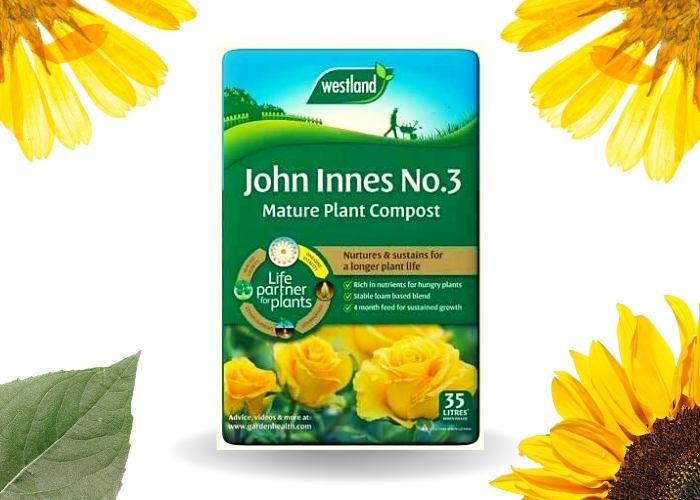
What is Loam Based Compost
A loam-based compost is a kind of compost that contains a significant portion of loam soil. Soil with a balanced mix of mineral components is often referred to as loam. Clay, silt, sand, and some organic matter, together help formulate what we call loam compost. When buying this compost in a packet, gardeners do not need to worry about introducing pesky weeds and pests or diseases into their garden because the loam soil in this compost is sterilized, meaning that it will only give benefit your garden and fewer worries of invasives on your lot.
What is it best for
The loam-based compost is helpful because of its composition. With this compost, the vegetables in your garden do not have to face fluctuations in plant nutrients or water. This compost acts as a stabilizing force in the soil. A loam-based compost is remarkably beneficial for plants that will be going in the same place for a long time. The vegetables where your loam-based compost may not be suitable are when you have vegetable plants that require free draining soil.
2. Peat-Based Compost
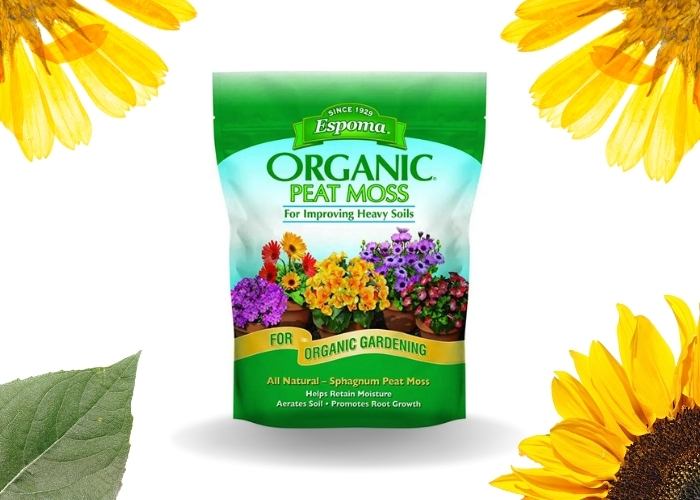
What is Peat Based Compost
Peat is a substance found at the very bottom of waterlogged bogs. Gardeners, and mainly vegetable gardeners, have long used this material. It was once considered the best compost for vegetable gardens, but recently peat-based compost has come under much scrutiny. The criticism around peat-based compost has been due to the high carbon dioxide produced in harvesting peat. It poses a devastating environmental threat, which has moved gardeners away from the material. Despite the scrutiny, the benefits of peat remain.
What is it best for
Peat has been popular for its ability to hold on to the nutrients that are present in the soil. This material was popular among gardeners as it helped their plants grow healthier due to its ability to hold on to the nutrients you feed your plant. Peat has an acidic composition which is an excellent addition to the soil of naturally acid-loving plants, such as blackberries, potatoes, parsley, and raspberries. If your plants require moisture in the soil, peat-based compost is your best friend as it is an excellent moisture retainer.
3. Peat-free Compost
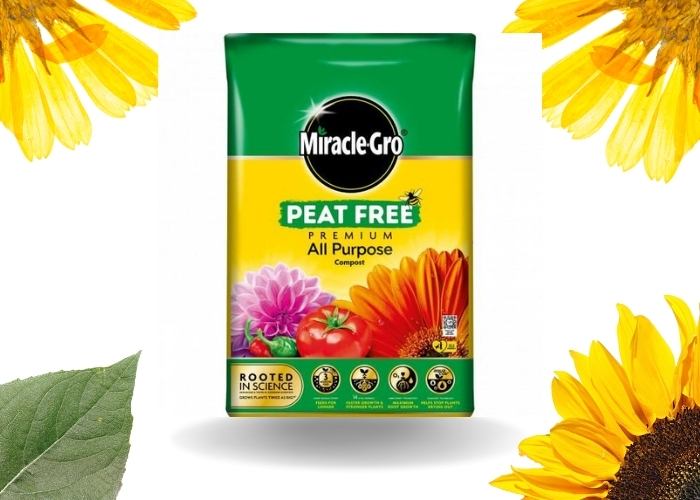
What is Peat-Free Compost
When we take peat out of compost, several other materials must be combined to create a similar composition for your plants. In a peat-free compost, wood fiber, composted bark, coir, and some level of garden waste are used to replicate a peat-based compost. Besides these, other common composition is sterilized soil, grit, perlite, vermicelli, and manure, all of which help create peat-free composts. Since the impact of peat has been made mainstream, we have been experimenting with substitutes to fill the gap left by peat.
What is it best for
Gardeners have some woes regarding the present options of peat-free composts and their properties. The first complaint is that this compost deteriorates in quality very quickly, so it has to be bought in smaller amounts. The only utility of old peat-free compost you have lying around is that it can now be used as mulch. Another concern regarding peat-free compost is that they do not retain water at the same level as peat; it offers free drainage. So, if free drainage is what your plants need, then you are in luck. This can also translate well when discussing reducing water wastage in your plants. To meet the plant’s water needs, the gardener will periodically water their plant, little by little. This will ensure that excessive water is not used and nutrients are not drained from the soil. Many gardeners complain that
4. Multipurpose Compost
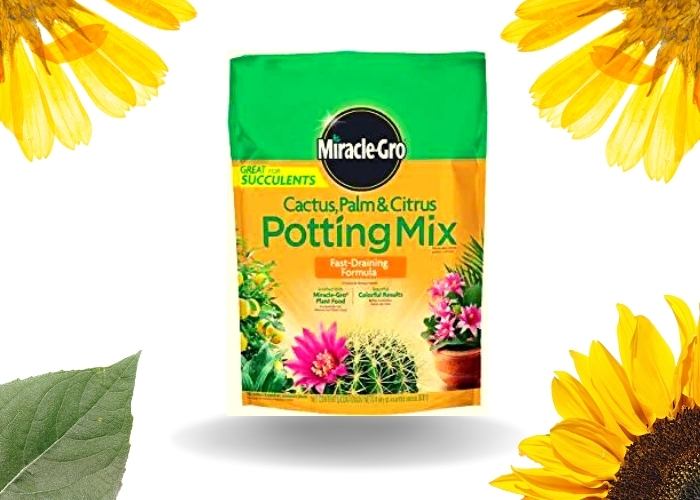
What is Multipurpose Compost
The composition of a multipurpose or an all-purpose compost is made from semi-biodegraded or completely biodegraded organic matter. Some multipurpose composts may contain peat, but customers increasingly demand peat-free composts comprising wood or coir instead of traditionally used peat. A definitive general overview cannot be given of its composition as different companies may differ in their composition, so to understand your multipurpose compost’s composition read the label of the packet.
What is it best for
A multipurpose compost can be used in all parts of your garden. Since it is a general compost, the formula for it suits most plants. It promises to provide nutrients and a growing environment for your plants. Gardeners enjoy this compost’s general properties as it allows them to use it well without having to reserve it for only some plants. Another good thing about multipurpose compost is that it is not specific to what point of the plant life cycle it is to be used; instead, it is a kind of ‘neutral good’ compost for your garden. It is an easy choice in compost that gardeners can keep in the shed and use over time as the need comes up.
5. Organic Compost
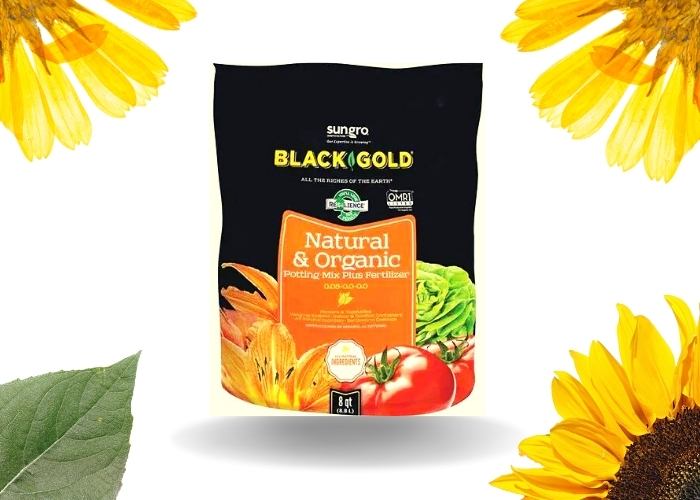
What is Organic Compost
The word organic is a lot in use in the gardening and food world, but do we know what organic means? There are two types of “organic”; the first is agriculturally organic, and the second is chemically organic.
The word organic came into being to describe products and livestock free of all man-made interventions. In this context, man-made interventions include hormones, steroids, harmful herbicides, and pesticides. Organic plants and vegetables have no man-made chemicals added to them during the period of their growth. For compost to be organic, it has to be made up of natural biodegradable substances that do not have any complicated chemicals added to them. These organic substances include leaves, manure, vegetables, and fruits. Ironically there is also a kind of “organic” known as the chemically organic. Chemically organic produce is that which has been grown in soil rich in carbon and live organisms. The chemically organic concept came into being as commercial demand for “the organic” came into being.
What is it best For
Organic compost is one of the most incredible things you can add to your vegetable garden. The produce grown with organic compost produces more delicious and healthier vegetables and foods. Compared to the list of composts listed at the beginning of this article, organic compost has to be the best option. If you are looking for the best organic compost, you might want to look at companies like Miracle-Gro, but we would also suggest you try to make organic compost at home. The benefit of making it at home is that you will witness the material going into the product, ensuring the best of the best is going into the soil of your vegetables.
Take Away
Every gardener growing their produce, compost, and fertilizer is the essential decision they have to make. We have tried to answer the question of what the best compost for vegetable gardens is, and we hope that you have understood the complexity of the compost world. We presented five different kinds of compost to show you how one answer cannot be given for this complex question. So, when choosing compost for your garden, make sure that you do the research, read the back of all the labels, and search for ingredients you do not understand. You should ensure that the food on your table is of the highest quality and the most nutritious
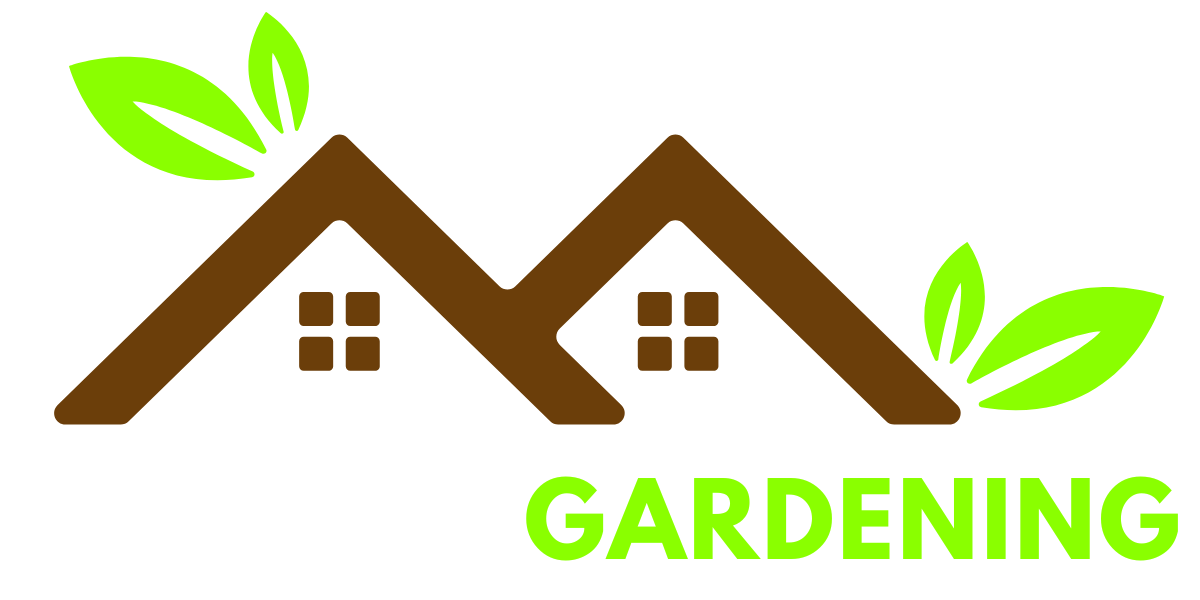
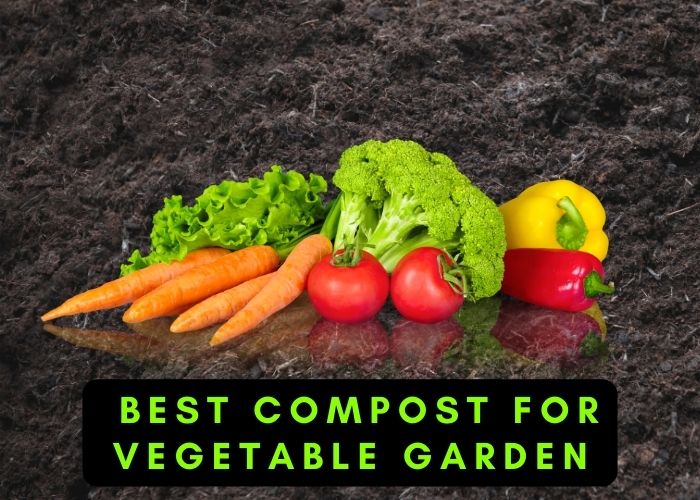
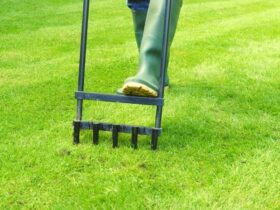
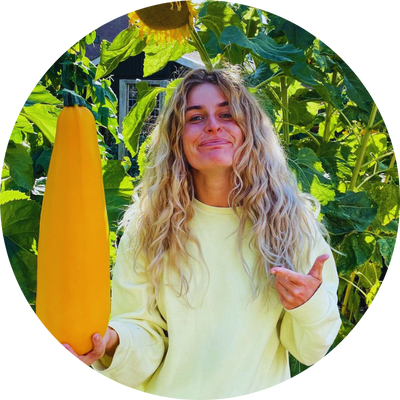
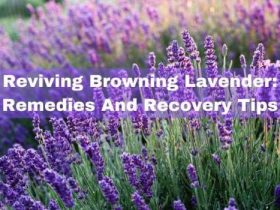
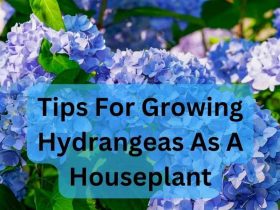

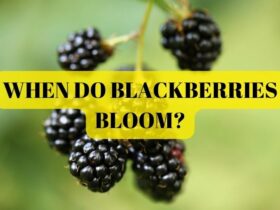
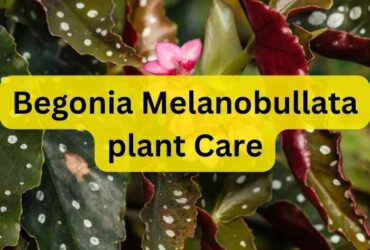
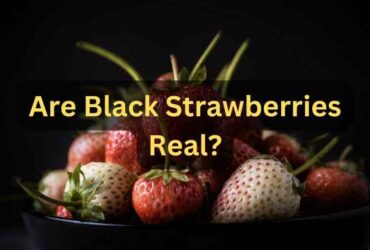

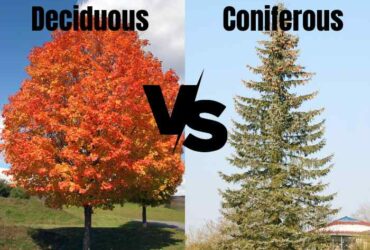
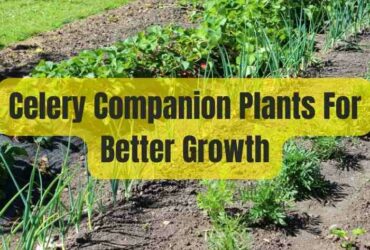

Leave a Reply